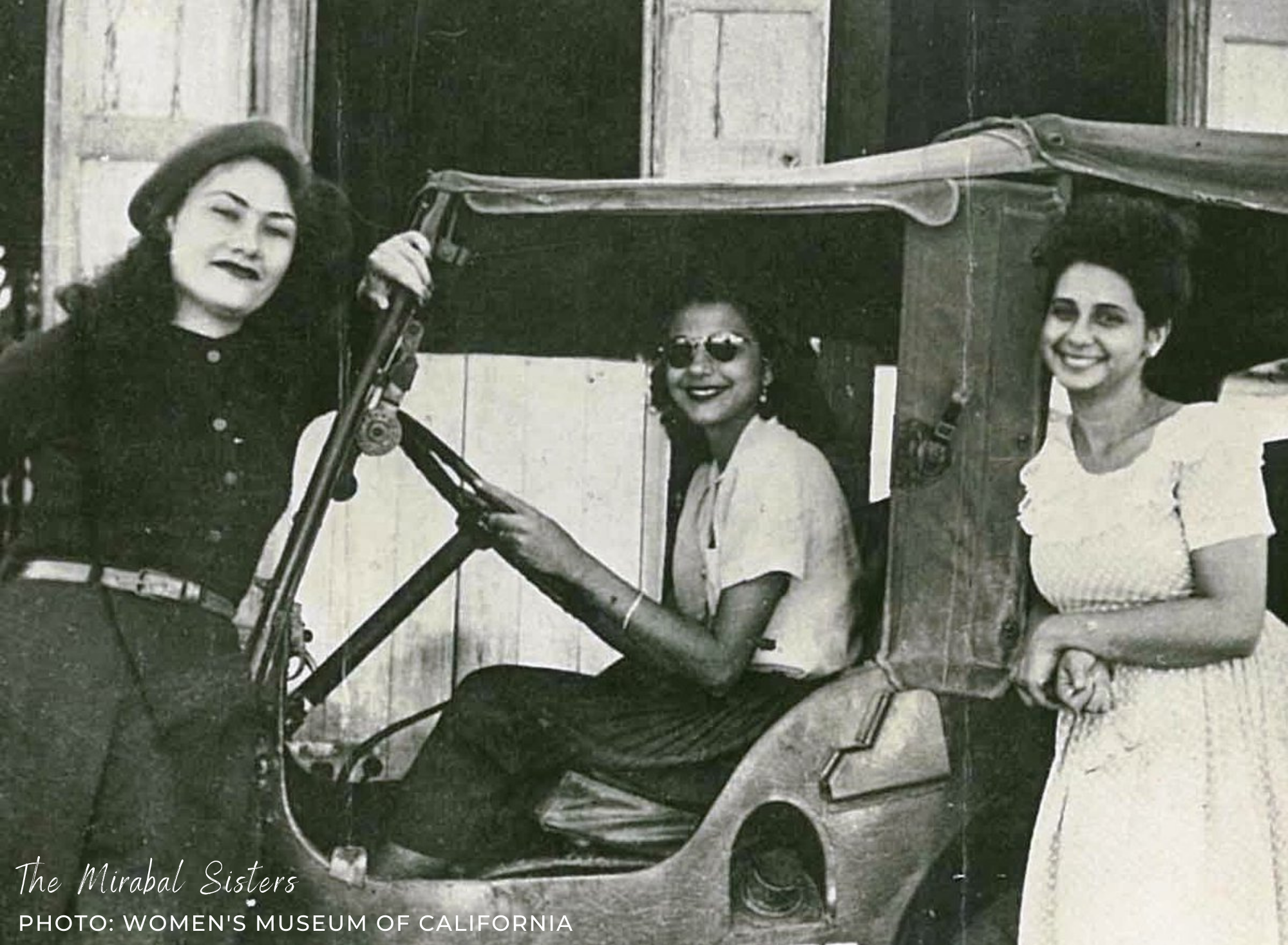Three things that happened this week have surprisingly converged to inform this blog post. Despite being very different, they provide a message about the importance of living life authentically, not conforming to it. And while the message is simple enough, one’s ability to do so is often challenged.
On Wednesday evening our second LINCWell speaker, psychologist and physician, Dr. Leonard Sax, spoke to parents, staff and community members. Dr. Sax’s message- rooted in research- was a strong and pointed one about the negative impact that social media is having on adolescent girls. Sax spoke about the increasing anxiety and depression in girls and his concerns that social media has “created a space for girls to be performing rather than living.” He explained that “girls are hyper-connected to others but increasingly alone.”
This notion of our girls ‘performing,’ particularly during their adolescent years, is not surprising; this stage has always been a time of growth, of finding one’s own feet, and of discovery. However, with the addition of social media platforms like Instagram, our girls are increasingly faced with huge numbers of images of seemingly ‘perfect,’ happy people that can lead our girls to think they must ‘up their game’ when it comes to how they look and are perceived.
I was reminded of this message by Dr. Sax as I read one of my favourite blogs on Sunday morning. In the blog Brain Pickings, the author writes about e.e. cummings’ commentary on the courage to be oneself. The author quotes cummings who, in a piece called, “A Poet’s Advice to Students,” writes, “To be nobody-but-yourself – in a world that is doing its best, night and day, to make you everybody else – means to fight the hardest battle which any human being can fight.” Cummings’ reflection- written seventy years ago continues to be poignant.
It is important to acknowledge that it is not just adolescents who may struggle with the notion of living rather than performing. As we age, we, too, must be careful that we don’t succumb to the pressure of sameness in our lives. We older people need to continue to examine our thinking, to ask ourselves whether we are making our choices from deeply-held principles and beliefs or merely from habit and/or conformity.
The final reminder about being true to who we are came from an episode of a favourite podcast entitled Curious Minds by Gayle Allen. In this particular episode, Allen speaks with author Chip Conley about his book, Wisdom at Work: The Making of a Modern Elder. Conley writes about the powerful impact older- or experienced- people can have on others, and how ‘elders’- committed to ongoing learning are invaluable.
I was taken with a quotation Allen read from Conley’s book, one from Letters Of Sylvia Townsend Warner edited by author William Maxwell. Warner says, “I think as one grows older one is appallingly exposed to wearing life instead of living it. Habit, physical deterioration, and a slower digestion of our experiences, all tend to make one look on one’s dear life as a garment, a dressing gown, a rain coat, a uniform- buttoned on with recurrent daily tasks. For myself, I found one remedy and that is to undertake something difficult, something new. To reroute myself in my own true faculties. For in such moments, life is not just a thing one wears, it is a thing one does and is.”
Adolescent or adult, we must continually remind ourselves that life is not about a performance or ‘wearing’ who we are, but, rather, about being oneself and challenging ourselves to continually learn and grow. As a School, we work to ensure that we are providing an environment that fosters authenticity, but as the adults, or ‘elders,’ it is vital that we are modelling continuous learning for our girls and young women.

